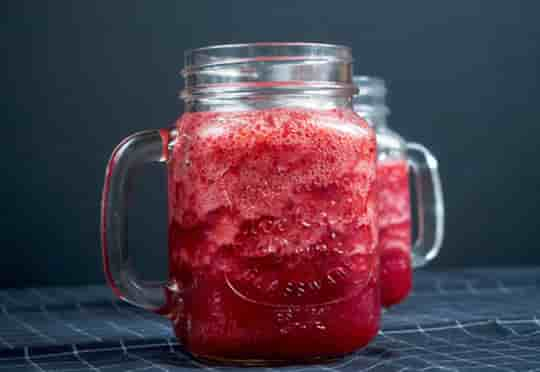Drinking this uncommon juice can lower blood pressure.
The lingonberry is a tiny red berry similar to a cranberry, but powerful enough to improve blood vessel function, research finds.
Drinking lingonberry juice in the long-term will lower blood pressure by widening the blood vessels and relaxing the smooth muscle cells within the arteries.
Many people experience elevated blood pressure and many are at risk of vascular disease caused by disturbances in blood vessel function.
Nutrition, in addition to medicatio, plays an essential role in managing hypertension and related disorders, like heart disease.
An experimental study found that an eight-week treatment with concentrated lingonberry juice reduced blood pressure in hypertensive rats.
Berries, tea, cocoa, vegetables and fruits rich in polyphenol, an antioxidant, have been shown to improve cardiovascular health.
Nordic berries such as lingonberry, blackcurrant, cranberry and bilberry are excellent sources of polyphenols, including flavonoids, anthocyanidins and proanthocyanidins.
Lingonberry juice given to genetically hypertensive rats stopped the expression of genes causing inflammation in the aorta but other berry juices were not as effective.
It is possible that lingonberry juice has an anti-inflammatory effect by reducing the serum levels of certain hormones that are responsible for increasing blood pressure.
It also enhances nitric oxide production which in turn makes blood vessels widen and improves vascular function.
Ms Anne Kivimäki, the study’s author, said:
“‘These experimental findings need evidence from comparative clinical studies on healthy individuals with slightly elevated blood pressure who, at this point, have been given nutritional and lifestyle guidance instead of drug therapy.
Lingonberry juice is no substitute for medication, but it is a good dietary supplement.
The study was accessed through E-thesis service Helsingin yliopisto (Kivimäki et al., 2019).

